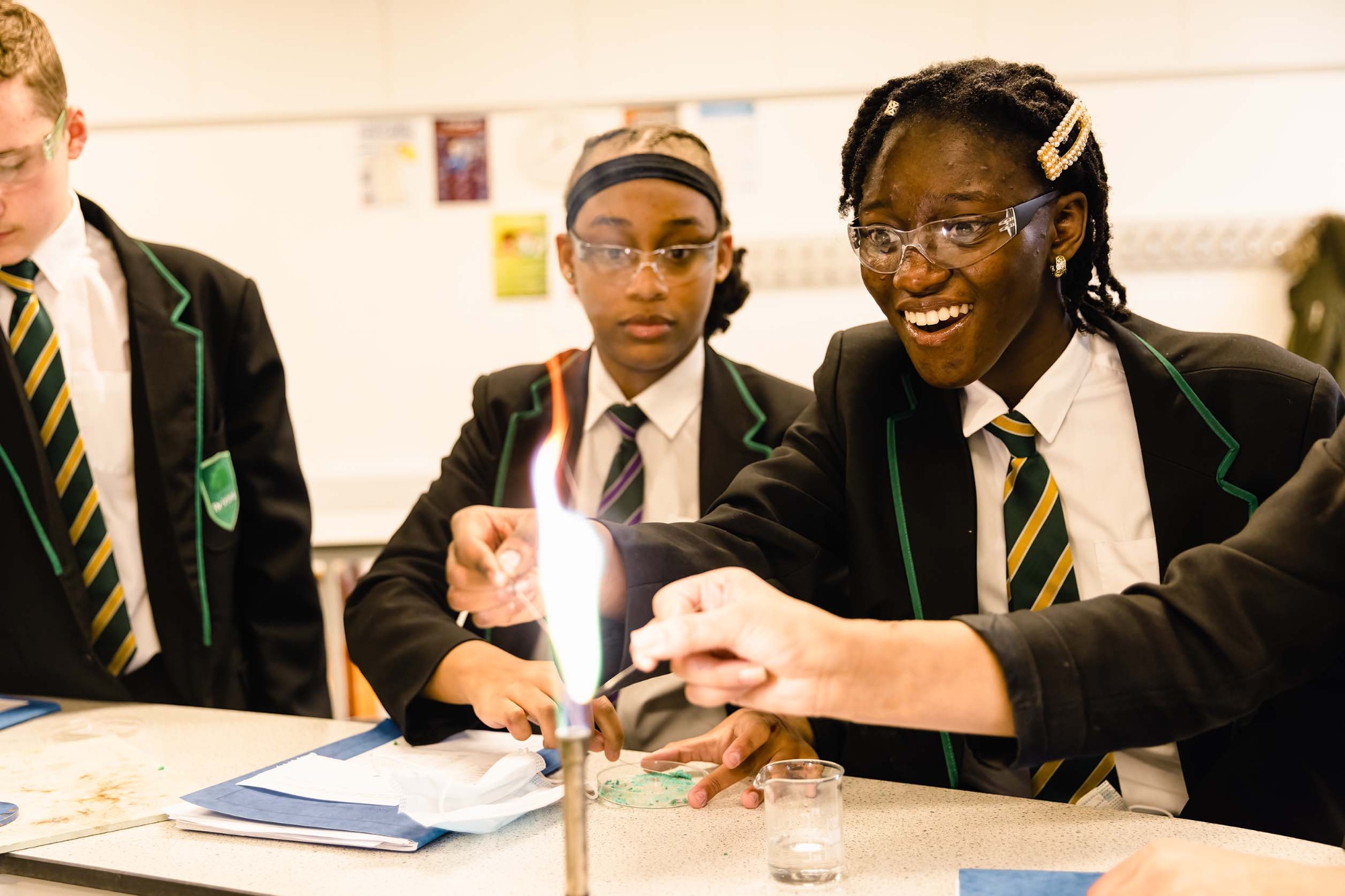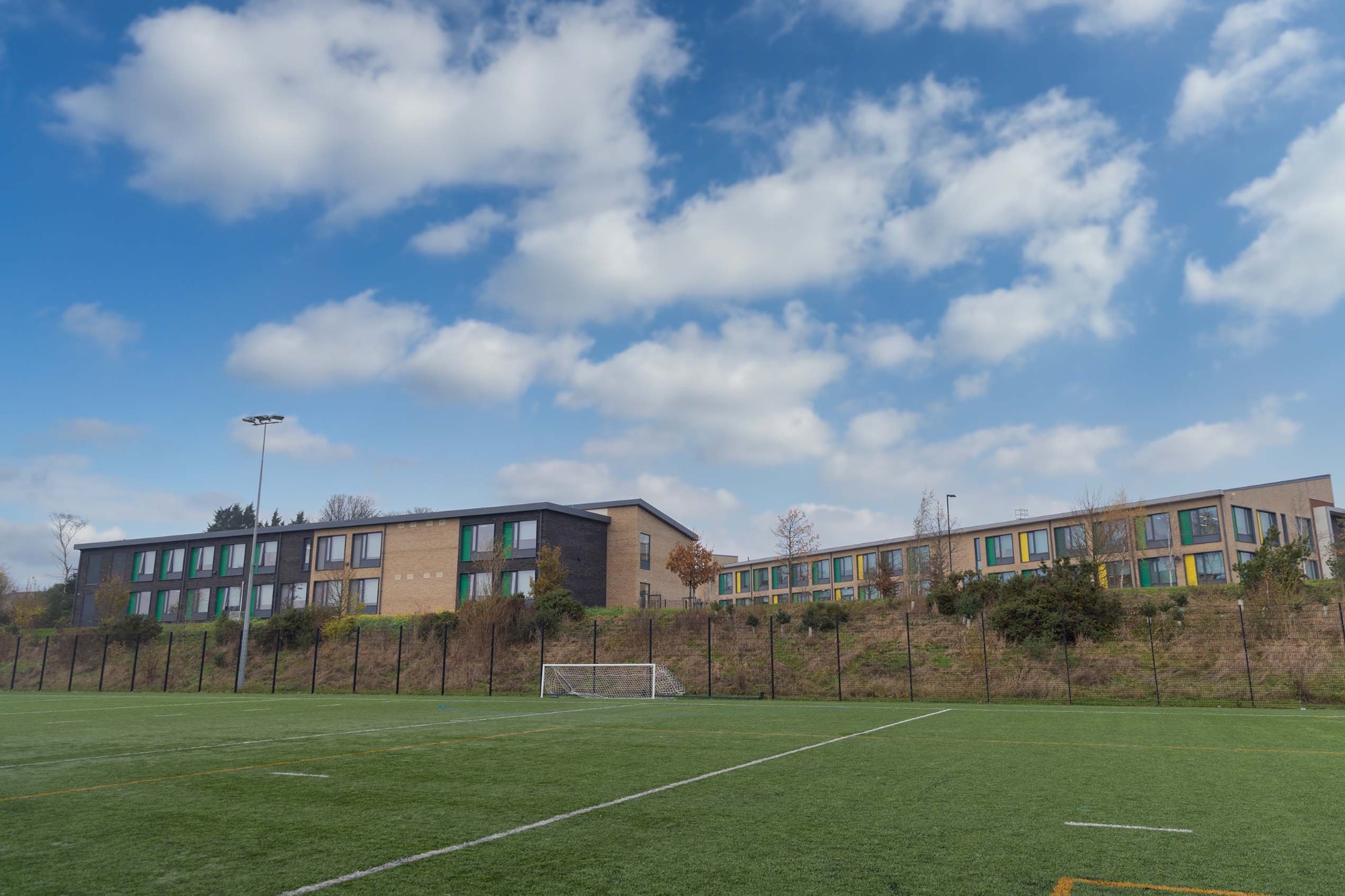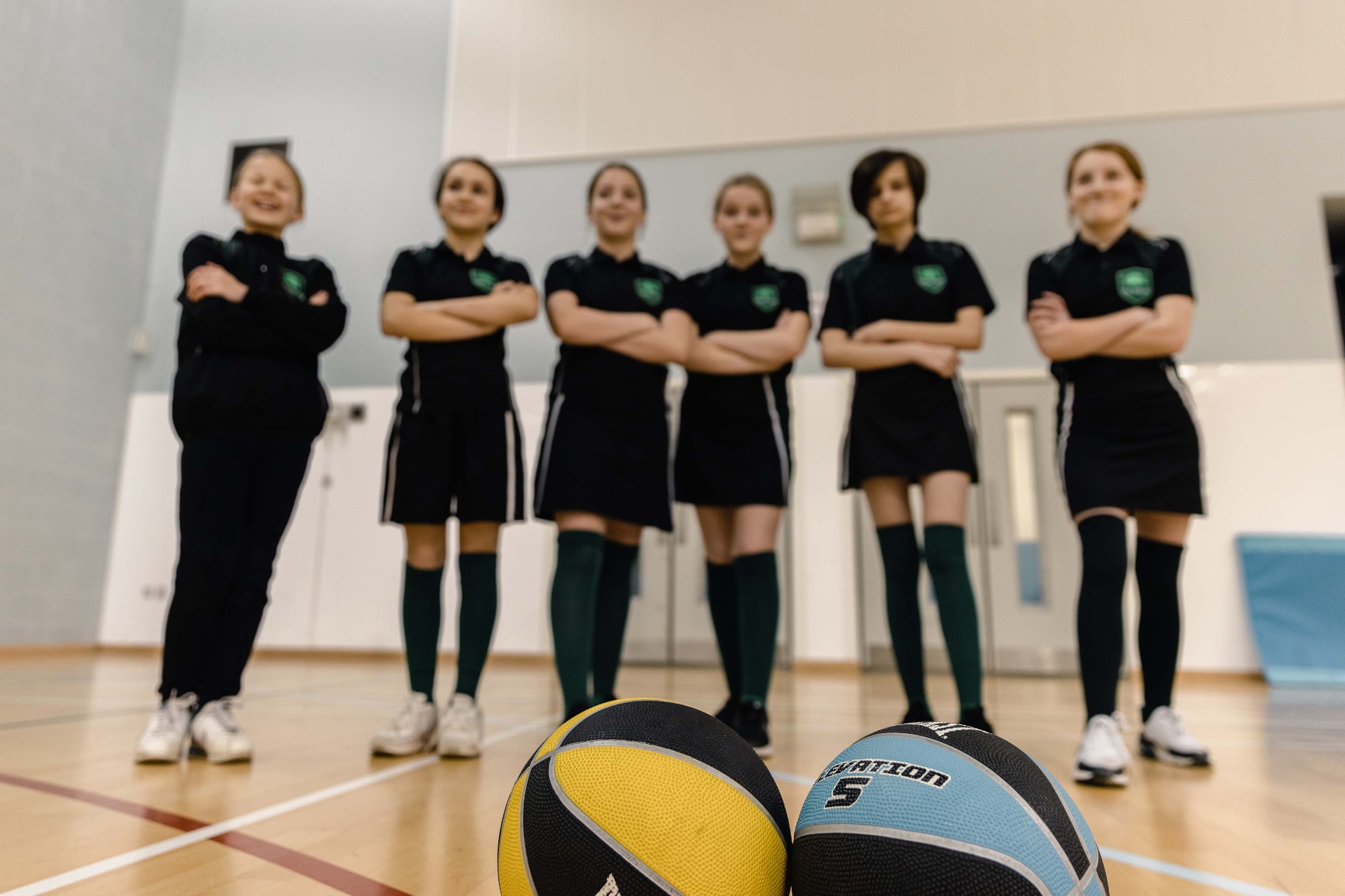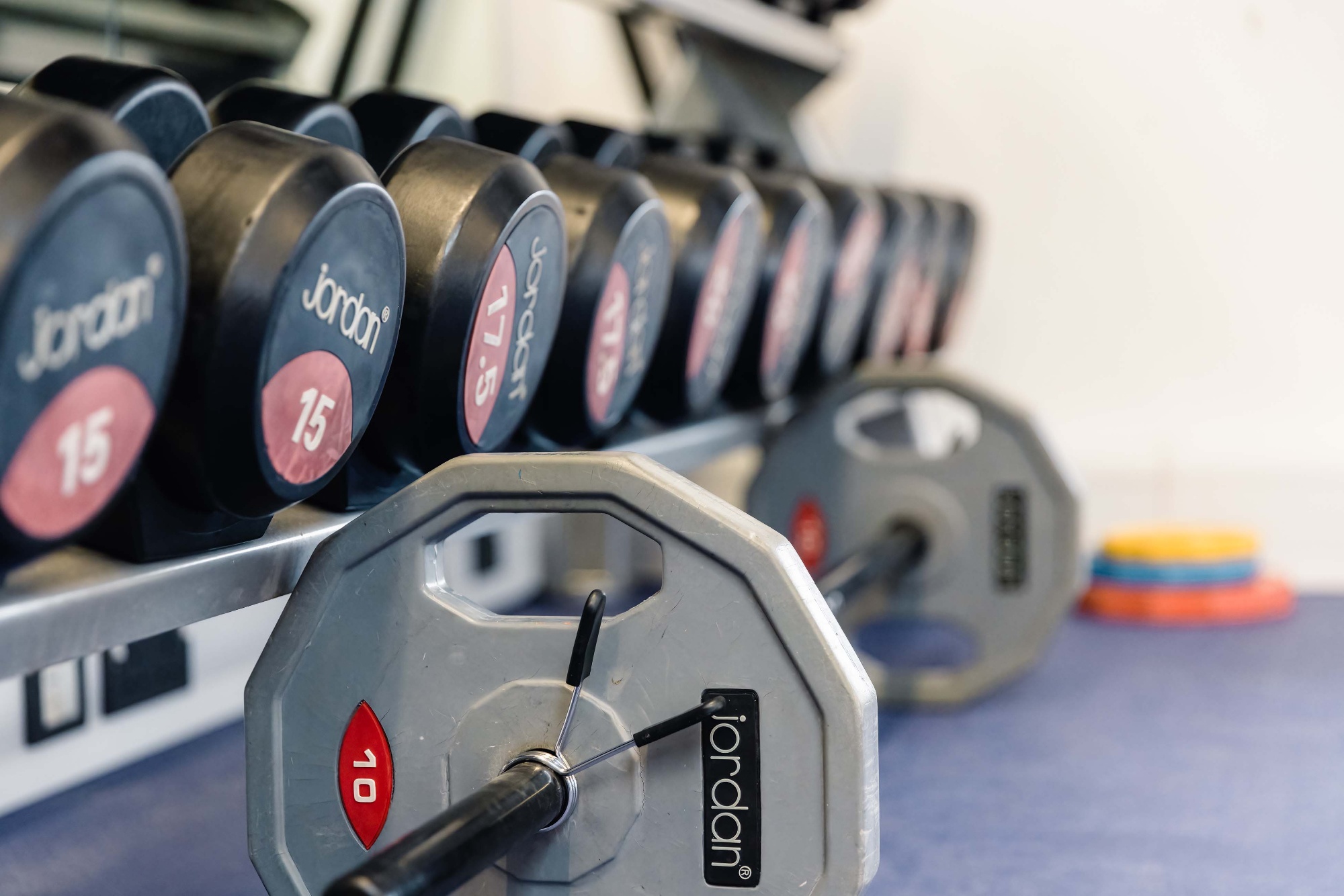.
Learning journey - KS3 Design and Technology
learning journey - GCSE DESIGN AND TECHNOLOGY
Learning Journey - CNAT ENGINEERING DESIGN
learning journey GCSE FOOD PREPARATION AND NUTRITION
learning journey - NCFE GRAPHIC DESIGN
Learning journey - CNAT HEALTH AND SOCIAL CARE
Reading in Design and Technology
Year 7
Class groups will rotate every 8 weeks to one of the following subject areas, covering all of them by the end of the academic year.
Topic: Systems and Control
Knowledge: Students will learn components used to make a sophisticated circuit that includes sensors and colour change LED for a 3D effect nightlight suitable for small children. They will learn component names, what they do and the symbols for each component. They will recap KS2 knowledge such as what is electricity and how does it move around a circuit.
Skills: They will learn safety and soldering skills before making the circuit. Pupils will learn about joining materials when they assemble the case to complete the project.
Pupils will learn about the environmental impact of plastics and other materials and evaluate their final product against a given specification.
Topic : Resistant Materials (Wood)
Knowledge: Students will look closely at health and safety and learn the procedures for spotting issues and reporting them. How to prevent accidents and the safe use of machinery in the workshop. Students will be introduced to Risk Assessments and the use of control measures.
Pupils will learn about Hardwoods and Softwoods and manufactured woods as well as the environmental impact of using woods and how to ensure sustainability.
Skills: Students will learn how to manipulate wood using a variety of tools and machinery to produce a wooden storage box. They will be introduced to CAD/CAM via 2D Design and how to vectorise images and how these can then be applied to a product via CAM (laser cutter). Students will then both peer assess and self-assess their practical work in order to inform their detailed evaluation
Topic: Graphic Design (Design Drawing)
Knowledge: students will learn about isometric drawing and enhancing drawings with thick/thin lines, tone and by rendering materials. They will begin by drawing by hand on isometric grid paper and move on to draw on computer using CAD. They will also be taught how to annotate and evaluate their designs.
Skills: Know how to draw using an isometric grid, how to draw freehand designs, how to use CAD to draw design ideas, how to label and annotate designs, how to render drawings. How to apply these skills to answer a design brief.
Topic: Food Technology (Diet and health, Shopping, Cooking, Food safety and Active lifestyles)
Knowledge:
- Pupils will know that we need food and drink to grow, be active maintain health and stay alive.
- Understand that a variety of food and drinks are needed for health, as depicted by the Eatwell Guide.
- Understand that all food comes from plants or animals.
- Understand that front of-pack traffic light labels help us make a healthier choice.
- Know and demonstrate a number of basic food skills
- Understand that there is a variety of ingredients that can be used for cooking
- Understand that it is important to store, prepare and cook food safely and hygienically
- Know that being active is important for health
- Understand that to be active and healthy, food is needed to provide energy for the body.
Skills: Pupils will follow recipes using appropriate ingredients and equipment to prepare and cook a range of dishes. They will demonstrate a range of food preparation and cooking techniques, applying the principles of food safety and hygiene as they do so
Year 8
Class groups will rotate every 8 weeks to one of the following subject areas, covering all of them by the end of the academic year.
Topic: Systems and Control (Mechanisms)
Knowledge: Moving on to another area of systems of control pupils will be introduced to the different types of movement and mechanisms. Starting with leavers and moving on to linkages and gears using Lego kits to make models to test theories. They will also look at automation and programming robots to complete tasks.
Skills: Finally in this rotation pupils will learn how to use simple machines as well as program robots using Lego NXT software.
Topic: Resistant Materials (Metal)
Knowledge: Students will look at proportion and anthropometrics and produce anthropometric data for their groups. They will discuss different metals (ferrous and nonferrous) and where metals come from. The environmental impact of extraction vs recycling. Students will look at proportion and the importance of correct proportions when producing design of human figures.
Skills:
Students will use a brief to extract information and produce a specification. They will identify keys areas of knowledge they need BEFORE they can start the manufacturing process.
They will use ICT to collect images and identify possible difficulties in translating the image to a design. Pupils will then start to develop their own designs based on images collected and learn the importance of annotation vs notes to communicate ideas. Students will then develop a final solution and start the manufacturing process.
Learning how to manipulate metal. Students will mount their figures on wooden bases. These will be produced using the skills developed in year 7. Students will look at how quality control has ensured a successful manufacturing process before evaluating their work and the work of others in the group.
Topic Health and Social Care (Supporting individuals through life events)
Knowledge: Pupils are learning how to improve and how to support our health and wellbeing, the physical, intellectual, emotional and social developments across the three main life stages, childhood, adulthood and old age, and pupils will also explore the various types of support available and how they are applied throughout life.
Topic: Food Technology (Diet and health, Shopping, Cooking, Food safety and Active lifestyles)
Knowledge: Pupils will understand that a variety of food is needed in the diet because different food contains different nutrients. Understand that different types of food are grown, reared or caught.
Know that plant-based alternatives to meat and dairy products and locally grown, seasonal foods have a lower impact on the environment.
Know and demonstrate a range of additional food skills and cooking techniques which enable a wide range of dishes to be made
Understand that food can spoil and decay due to the action of micro-organisms (microbes), insects and other pests and that food needs to be stored properly and within its date mark.
Know that different types of food provide different amounts of energy and to be healthy, energy balance should be achieved.
Skills: Pupils will follow recipes using appropriate ingredients and equipment to prepare and cook a range of more complex dishes. They will demonstrate a range of food preparation and cooking techniques, applying the principles of food safety and hygiene as they do so.
Year 9
Class groups will rotate every 8/10 weeks to one of the following subject areas, covering all of them by the end of the academic year.
Topic: Systems and Control (Structures)
Knowledge: Students will learn about Compression, Tension, Torsion, Sheer and bending (the 5 forces) drawing diagrams of them and thinking of examples.
They will then learn about 6 different types of bridge (suspension, cantilever, arch, beam, cable stayed, truss) drawing diagrams of each and labelling where the forces are acting on them. They will look at different material properties and how certain materials are suitable for use in structures.
Topic: Resistant Materials (Plastic)
Knowledge: Pupils learning will focus on Plastics – where they come from, the difference between Thermoplastics and Thermosetting plastics and manufacturing processes such as Plastic moulding (injection and line).
Pupils will understand the importance of sustainable products and develop an understanding of CAD/CAM design and production.
Skills: Pupils will demonstrate 'good' practical skills, learning how to form and bend plastic, and be able to plan a sequence of making activities, demonstrate the ability to plan an evaluation strategy and evaluate a product against their own criteria.
Topic: Graphic Design (Design Drawing)
Knowledge: students will learn about isometric drawing and enhancing drawings with thick/thin lines, tone and by rendering materials. They will begin by drawing by hand on isometric grid paper and move on to draw on computer using CAD. They will also be taught how to annotate and evaluate their designs.
Skills: Know how to draw using an isometric grid, how to draw freehand designs, how to use CAD to draw design ideas, how to label and annotate designs, how to render drawings. How to apply these skills to answer a design brief.
Topic: Food Technology (Diet and health, Consumer awareness, Cooking, Food safety and Active lifestyles)
Knowledge: Students will learn that different food costs different amounts. Know that food is produced all around the world and that different countries and cultures eat different foods Understand that wasting food has environmental and economic impacts. Understand that allergies to food and food intolerances can cause a person to become unwell and that all pre-packed food requires a food label that displays certain mandatory information. Understand the relationship between diet, nutrition and health.
Skills: Pupils will follow recipes using appropriate ingredients and equipment to prepare and cook a range of more complex dishes. They will demonstrate a range of food preparation and cooking techniques, applying the principles of food safety and hygiene as they do so.
Year 10 GCSE Design and Technology
Year 10 is where the pupils learn essential knowledge from the theory side of the course. This will be done by focusing small practical projects on the key material areas (woods, metals and plastics) and embedding theory into each project surrounding the make.
Autumn Term 1– Topic: Woods
Knowledge: theory lessons and research tasks about types of wood, finishes and manufacturing processes where pupils will be expected to record information and draw diagrams.
Skills: Students will make a small and simple docking station from a piece of pine. They will learn tools used and new techniques/joints not learned at ks3.
Autumn Term 2 – Topic: Electronics
Programmable chip project
Knowledge: Pupils will learn how to program peripheral interface controllers using Circuit wizard software. They will reinforce their knowledge of soldering by manufacturing a sophisticated circuit with several analogue and digital inputs and outputs and draw diagrams of the manufacturing processes. They will move on to learn how to build programs on computers using flow charts and virtual modelling of their circuit to run simulations before manufacturing a case to house their product. They will also learn about commercial methods of production such as Anodising.
Skills: Drawing diagrams, programming microchips, soldering, making skills from cad to assembly of plastic cases
Spring Term - Topic: Plastics
Knowledge: different types of plastic, where it comes from, how it's made and how it can be recycled. They will design from a brief.
Skills: design, drawing and rendering skills, laser cutting and CAD CAM.
Summer Term – Topic: Metal
Knowledge: types of metal from ferrous and non-ferrous categories, where they are from, how they are made into workable forms, products, properties and uses of metal.
Skills: the shaping bending and forming of metal and combining materials
Year 10 CNAT Engineering Design
Students start to apply their knowledge of design briefs, specifications and the broader impact of design. They will revisit anthropometrics and extend this to an understanding of ergonomics. They will further develop their understanding of research and begin to develop strategies for investigating problems using both primary and secondary research. They will be introduced a broader Design Process – using industry terminology.
Autumn Term 1
Topic: R107: Developing and presenting engineering designs
Students develop their knowledge and skills in communicating 2D and 3D design ideas, including effective annotation and labelling. They use detailed hand rendering as well as computer-based presentation techniques and computer-aided design (CAD) software.
Learners will generate design ideas using a mixture of detailed hand rendering and computer-based presentation techniques including computer aided design in 2 and 3 dimensions. Learners will gain skills in annotation and labelling techniques, such as showing key features, functions, dimensions, materials, construction/manufacture methods. On completion of this unit, learners will have developed knowledge and understanding of how to communicate design ideas through hand rendering and computer-based techniques.
Autumn Term 2
Topic: R107: Developing and presenting engineering designs
Students develop their knowledge and skills in communicating 2D and 3D design ideas, including effective annotation and labelling. They use detailed hand rendering as well as computer-based presentation techniques and computer-aided design (CAD) software.
Learners will generate design ideas using a mixture of detailed hand rendering and computer-based presentation techniques including computer aided design in 2 and 3 dimensions. Learners will gain skills in annotation and labelling techniques, such as showing key features, functions, dimensions, materials, construction/manufacture methods. On completion of this unit, learners will have developed knowledge and understanding of how to communicate design ideas through hand rendering and computer-based techniques.
Spring Term 1
Topic: R106 Product analysis and research
Students find out how to perform effective product analysis through both research and practical experience of product assembly and disassembly procedures. This helps them develop skills in critical analysis and an understanding and appreciation of manufacturing processes, design features, materials used and the principles behind good design.
• commercial production methods that impact on product /component design, production: one-off, batch, mass, automation
• impact of manufacturing processes on product design:
- moulding
- pressing, forming
- material shaping (e.g. CNC applications, CAM)
- machining
- finishing
- assembly
- considerations for product end of life, i.e.
- recycling materials, reusing components
- safe disposal of toxic and hazardous materials
Spring Term 2
Topic: R106 Product analysis and research
- Importance of conformity to legislation, quality and safety standards, i.e.
- British Standards (BS)
- European Conformity (CE)
- Waste Electrical and Electronic Equipment Directive (WEEE)o patents
- copyright
Summer Term
Topic: R106 Product analysis and research
Students will work on the completion of Unit 106 for submission.
Learners will need to produce a summary of research for strengths and weaknesses identified in existing products and show how component shaping and assembly methods impact on product design.
Learners will record findings of design impacts, product strength and weakness analysis of disassembled product/s through notes, photographs annotated drawings in a portfolio.
Submission of units 107 and 106 to exam board
Year 10 GCSE Food Preparation and nutrition
Pupils will build upon prior learning from National Curriculum Design and Technology and, in particular, the subject content of cooking and nutrition. They will enhance their knowledge and understanding of what constitutes a healthy, balanced diet and good nutrition. This includes the Eatwell Guide, energy balance and the role of nutrients in a balanced diet. It is a practical course which will focus on giving students the necessary skills and subject knowledge to provide the foundation for the NEA and final examination in year 11.
Autumn Term
Topic: Food, nutrition and health
Pupils will learn about: the current guidelines for a healthy diet and will consider how peoples’ nutritional needs change throughout life. Plan, prepare, cook, modify, and create recipes to meet different life stages.
Specific dietary groups including vegetarian and vegan, coeliac, lactose intolerant and high fibre diets and will plan, prepare, cook, modify, and create recipes to meet different dietary groups.
Physical activity level (PAL) and its importance in determining energy requirements. You will learn about the recommended percentage of energy intake provided by protein, fat and carbohydrates and will plan, prepare, cook, modify, and create recipes that reflect those recommendations.
How to use current nutritional information and data to calculate energy and nutritional value. You will plan, make and modify dishes calculating energy and nutritional values.
Topic: Food Science
Pupils will learn about: why food is cooked and how heat is transferred to food and how the selection of appropriate preparation and cooking methods can conserve or modify nutritive value or improve palatability.
Investigate the working characteristics and the functional and chemical properties of ingredients through practical investigation.
Spring Term
Topic: Food Safety
Pupils will learn about: the growth conditions for microorganisms and enzymes and the signs of food spoilage.
The types of bacteria which cause food poisoning and will learn through practical application about the use of microorganisms in food production.
Different sources of bacterial contamination and ways to control them and the general symptoms of food poisoning.
Factors which may influence food choice and when selecting recipes will need to explain and justify your reasons for choice.
Safety principles when buying, storing, preparing, cooking and serving food.
Topic: Food Choice
Food choice related to religion, culture, ethical and moral beliefs and medical conditions. You will select, modify and make recipes for different religions, cultures and dietary groups.
Food products from British tradition and two different cuisines and will have the opportunity to prepare and cook recipes from a range of countries and cuisines, using different equipment and cooking methods.
Summer Term
Topic: Food Provenance
Pupils will learn about the environmental issues associated with food and the sustainability of food. You will consider the seasons when selecting ingredients for recipes using fruits and vegetables and using left over food to avoid wastage.
They will go on to study the stages of processing and production and technological developments to support better health and food production.
Year 10 NCFE Graphic Design
Year 10 is used to introduce students to the 6 components of graphic design and give them experience of applying the components to a brief
Autumn Term
Topic: Unit 1 Introduction to graphic design
Knowledge: learn about the 6 components of graphic design: LINE, TONE, COLOUR, IMAGERY, TYPOGRAPHY and COMPOSITION and demonstrate knowledge of them by showing examples
Skills: Hand drawing and rendering, use of watercolour pencils and/or paint, use of ICT programs such as PowerPoint and photoshop to present work. Responding to a brief
Topic: unit 1 responding to a brief
Knowledge: Pupils will be given a scenario and taught how to analyse the brief in order to extract the key information they need to develop appropriate graphic design solutions using the 6 components from unit 1.
Skills: analysing a brief, hand drawing initial ideas, developing ideas using CAD, applying the 6 components through experiments, presentation of work, evaluating the final outcome.
Spring Term
Topic: Unit 2 Graphic design practice
Knowledge: pupils will learn about different sectors within the graphic design industry and specific designers in one or more sectors. They will analyse the skills, materials and processes used by those designers and produce a piece of work in that style.
Skills: Primary and secondary research, hand drawing/painting and computer aided design.
Summer Term
Topic: Unit 2 Graphic design practice continued.
Knowledge: pupils will learn about different sectors within the graphic design industry and specific designers in one or more sectors. They will analyse the skills, materials and processes used by those designers and produce a piece of work in that style.
Skills: Primary and secondary research, hand drawing/paining and computer aided design.
Year 10 cnat health and social care
Year 10 focuses on RO33 and RO35 Supporting life events and health promotion campaigns
Autumn Term
Topic: R033: Supporting life events topics 1, 2 and 3
Knowledge: Pupils will learn to understand the 5 different life stages, factors affecting growth and development and P.I.E.S. look at expected and unexpected events and their impacts, the roles of practitioners and carers and meeting the needs of personalised support.
Skills: Pupils apply their knowledge to a case study to demonstrate effective communication skills practical in a one to one and group setting.
Topic: R033 Supporting life events Tasks 1 and 2
Knowledge: Pupils apply the knowledge learnt in topics 1, 2 and 3 to their NEA assignment.
Skills: Pupils apply this knowledge to a specific life stage, they will interview a real person to learn more about sources of support and research support to meet individual needs, making recommendations on a local or national level.
Spring Term
Topic: R035 Health promotion campaigns
Knowledge: In this unit students will have the opportunity to explore the various public health challenges the country faces, the approaches used to encourage health and wellbeing and the importance of this to society. Students will understand the factors affecting a healthy lifestyle so that campaigns can be designed to target different groups of people. Students will also learn how to plan and deliver your own small-scale health promotion campaign and how to evaluate planning and delivery.
Skills: You will manage Aims, timescales, communication and delivery of a campaign. They will present their campaign to an audience and evaluate the effectiveness of the presentation and the campaign.
Summer Term
Topic: Unit R035: Health promotion campaigns and Preparation for external assessment Unit RO32
Knowledge:
For the external examinations students will study:
Principles of Care in H&SC settings
Topic 1: Rights of individuals in H&SC
Topic 2: Person- centred values
Year 11 GCSE Design and Technology
Pupils will work independently under controlled assessment conditions to produce a design project of their choosing.
Topic: NEA
Autumn Term
They will begin by writing a brief and specification based on the research into the design context. From this they will produce a range of design ideas using the drawing skills they learnt in previous years.
Spring Term
Designs will be developed further into final product designs using models and diagrams. Materials specified using knowledge of materials gained in year 10.
Summer Term
They will make their product independently, but will each need further tutoring in manufacturing skills relating to their chosen area (woodwork joints, metal heat treatments, 3d printing, Dye sublimation printing etc.) Once built their prototype project will be evaluated against the specification, tested and surveyed to gain the opinions of others.
Year 11 CNAT Engineering Design
Students start to apply their knowledge of design briefs, specifications and the broader impact of design. They will revisit anthropometrics and extend this to an understanding of ergonomics. They will further develop their understanding of research and begin to develop strategies for investigating problems using both primary and secondary research. They will be introduced a broader Design Process – using industry terminology.
Autumn Term
Topic: R105 Design briefs, design specifications and user requirements. (External Exam)
Students explore the requirements of design briefs and specifications for the development of new products and how consumer requirements and market opportunities inform these briefs. They develop their understanding of the design cycle, the requirements for a design brief and design specification, and the importance of research data in developing a design solution.
The design cycle:
- identify phase- brief- research- process planning
- design phase- specification- design- manufacturing plans
- optimise phase - model and prototype - error proofing
- validate phase (e.g. virtual, physical)- test- evaluate
identification of design needs i.e.
- initial design brief from the client, i.e.- situation and context that has led to the brief- needs of the client (e.g. corporate branding, target audience)- purpose of the product- functions of the product
- information which may inform the design brief, i.e.- market research (e.g. focus groups, surveys, needs of target market, changing consumer trends)- strengths and weaknesses of competitors’ products- improvements in materials
- the relationship between a design brief and a design specification, i.e.
- client provides initial brief
- discussion between client and designer (e.g. what is possible, what can be done within budget, essential and desirable aspects, timeframes)
- further research (if required)
- ‘final’ brief from which design specification will be developed
- requirements of a design specification, i.e.
- user needs, i.e.- aesthetics- ergonomics- anthropometrics- benefits and features- product safety
- product requirements, i.e.- function- features- performance- target group/intended users- working environment- limitations and constraints, size, weight, functional limitations- appearance- ergonomics- lifecycle
- manufacturing considerations, i.e.- materials availability/supply chain- ease of manufacture, i.e. standard components, pre-manufactured components, design for manufacturing assembly (DFMA), design for disassembly, manufacturing processes- scale of production, i.e. prototyping, one off – batch – mass production- durability and reliability- tolerances- product safety- sustainability- maintenance of production costs
- regulations and safeguards, i.e.- copyright-patents- registered designs- trademarks- British Standards- European Conformity (EC
Spring term
Topic: R108 3D design realisation
Students produce a model prototype and test design ideas in a practical context. They evaluate the prototype against the product specification and consider potential improvements to features, function, materials, aesthetics and ergonomics in the final product.
Summer term
Topic: R108 3D design realisation
Students will produce a 3D prototype/model product using materials such as wood, card, foam, metals, and plastics. Prototypes will be supported by charts/tables which identify stages of making and resources required. The product will be based on products / themes, from the learners’ own design ideas. Using tools, equipment and materials safely, assessing hazards and taking precautions when using tools and machines should be evidenced by annotated photos and assessment records. Evaluation of own performance identifying strengths and weaknesses in realising the design.
Unit submission dates:
Re-enter unit 105 – May
Submission of unit 107 – November (or Jan)
Submission of unit 108 – May
Re submission of unit 106/107 - May
Year 11 GCSE Food Preparation and nutrition
Students will build upon and apply previous learning from KS3 and Year 10. The course includes the food investigation task, the food preparation task and revision topics for the final written exam.
Topic: Non examined assessment Task 1 Food investigation:
Investigate the working characteristics and the functional and chemical properties of a particular ingredient through practical investigation. You will produce a report which will include research into 'how ingredients work and why'.
Topic: Non examined assessment Task 2 Food preparation assessment:
In this task, you will prepare, cook and present a final menu of three dishes to meet the needs of a specific context. You must select appropriate technical skills and processes and create 3–4 dishes to showcase your skills. You will then produce your final menu within a single period of no more than 3 hours, planning in advance how this will be achieved.
Study for Written exam: Theoretical knowledge of food preparation and nutrition from Sections 1 to 5.
Year 11 NCFE Graphic Design
Pupils develop their designing skills with various materials and processes and become more efficient at responding to a brief in preparation for the exam
Autumn Term
Topic: Unit 3 responding to a graphic design brief
Knowledge: In preparation for the exam (usually in Feb/March) students will work through unit 3 which deals specifically with students response to a brief. They will learn how to produce designs quickly and effectively to meet a clients requirements.
Skills: interpreting written instructions, responding quickly to generate ideas using sketches and/or CAD, applying the 6 components of graphic design to achieve a suitable solution.
Spring Term –
Topic: Unit 3 responding to a graphic design brief continued and exam prep.
Knowledge: In preparation for the exam (usually in Feb/March) students will work through unit 3 which deals specifically with students response to a brief. They will learn how to produce designs quickly and effectively to meet a clients requirements.
Skills: interpreting written instructions, responding quickly to generate ideas using sketches and/or CAD, applying the 6 components of graphic design to achieve a suitable solution.
Autumn Term –
Topic: final exam prep and Unit 4 – graphic design portfolio
Knowledge: students learn what a portfolio is and show good examples, explore career paths in graphic design and present their best work in their own portfolio.
Skills: Analysis of the work of others, presentation skills, being discerning of quality design, being critical of their own work.
Year 11 cNAT health and social care
Autumn Term – Pupils will begin to study the content for the external element of the course. This consists of a one-hour exam on the individual rights and values are maintained in a range of health, social care and early years settings. Pupils will also be acting on feedback from the mandatory module ‘Effective communication in health and social care’ in preparation for sampling in January.
Spring Term – Pupils will focus on the modules based on first aid procedures and how these are applied in health, social and early years settings. The focus will be on pupils demonstrating first aid procedures based on a range of scenarios.
Summer Term – Content covered in the first half of the term, will focus on the final internal module, life stages and physical, intellectual, and emotional development. There will also be an opportunity for pupils to study exam content in preparation for their second attempt in May.
Extra-curricular Activities for Key Stage 3 Design and technology
After school club is on Tuesdays where keystage 3 pupils are encouraged to explore aspects of D&T they enjoy and would like to learn more about. This includes woodwork, metal work, graphics design, Computer Aided Design, Electronics and Robotics projects and activities.
KS4 students are encouraged to attend intervention or simply to work through controlled assessment work on Friday afternoons where staff from all areas of Design and Technology will be available. Revision sessions and exam preparation sessions will be available on Friday afternoon as the exam season approaches.
S Chesters, Subject Leader for Design and Technology





